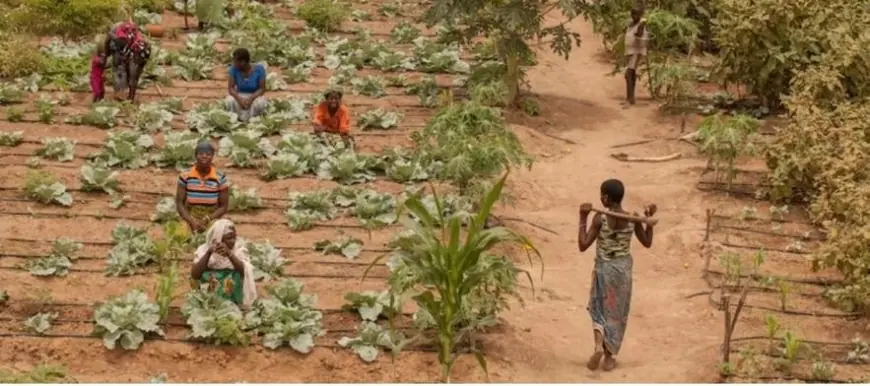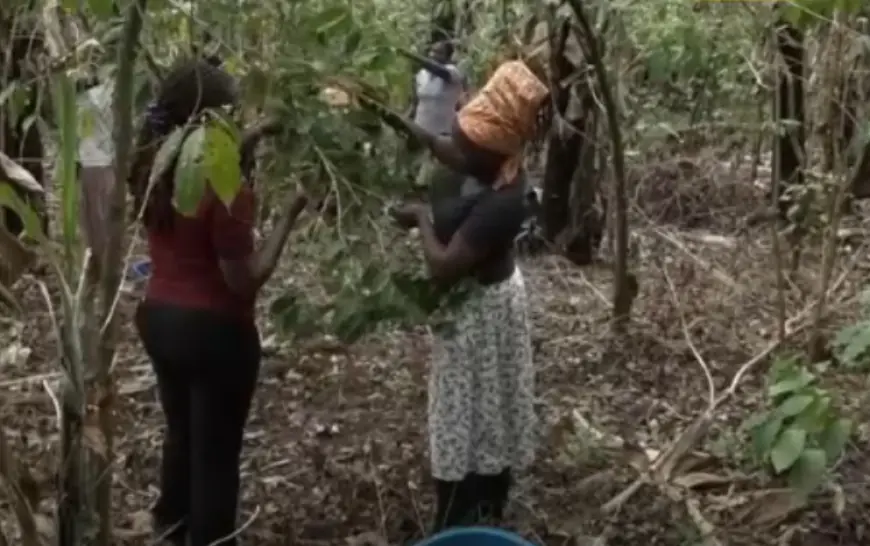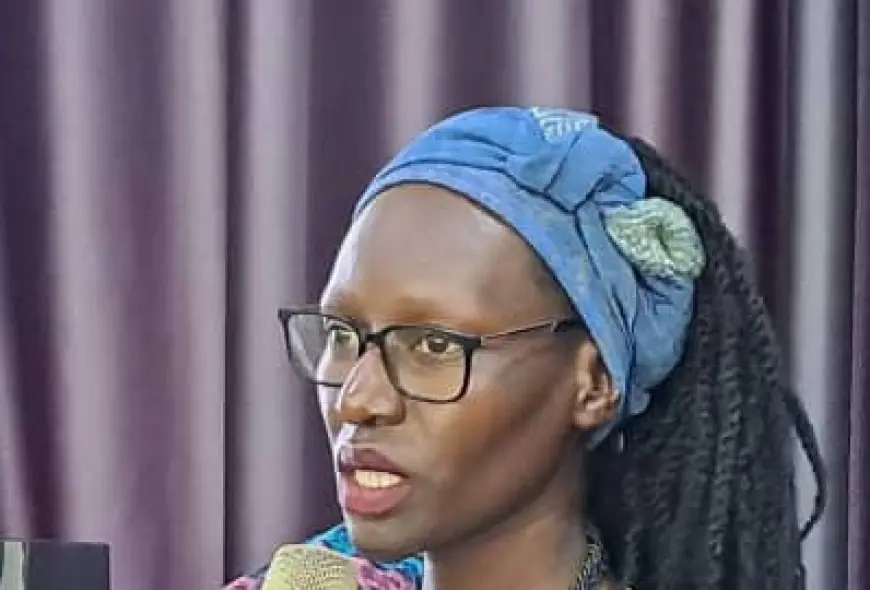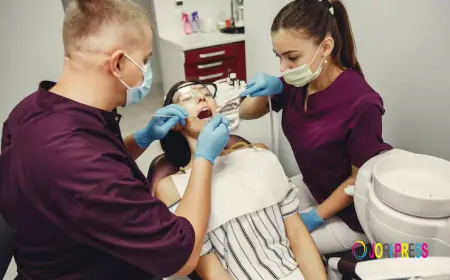Media Study reveals Uganda’s hot spots for Gender Based Discrimination & Violence in Workplaces.

Violence and harassment in the world of work constitute a serious human and labour rights violation. It impinges on the ability to exercise other fundamental labour rights and is incompatible with decent work.
Uganda has had its share of violence and sexual harassment at work.
According to the ILO, over 35% of women globally aged 15 years and above have experienced sexual or physical violence at home, and in the workplace
However, until 21st June 2019, no International Labour Standard addressed violence and harassment as its primary aim, none defined such violence and harassment, none sought to eliminate it from the world of work, and none provided clear guidance on how to address the violence and harassment.
Previous instruments on violence and harassment focused on certain forms of violence and specific workers only, such as domestic workers, workers living with HIV and indigenous persons.
The targeted nature of the protections left a gap for the workers not covered under such instruments, who constitute the vast majority of workers around the world.
Uganda highlights a persistent problem of gender-based discrimination and violence (GBVD) in workplaces, characterised by wage gaps, sexual harassment and coercion, low pay for women, and underestimation of women's competence.
In response, Uganda has ratified the ILO Convention 190 to address GBVD in the workplace, and organizations are working to strengthen reporting and response frameworks, particularly for informal sector workers like market vendors.
Fresh evidence from a media study now shows a rapid growth in cases of Gender base violence, mainly in the Albertine and Rwenzori regions of Uganda.
Following this media study on Social Protection, supported and commissioned by Enabel, the Government of Belgium Agency for International Cooperation.
The 5-year Thematic Portfolio on Social Protection and Decent Work is being implemented in Uganda and is funded by the Kingdom of Belgium and is jointly being executed by the Ministry of Gender, Labour, and Social Development.
The Portfolio aims to improve the living conditions and resilience of vulnerable populations across the Great Lakes region by strengthening social protection systems, promoting decent work and fostering inclusive socioeconomic development.
 Coffee harvesting
Coffee harvesting
In Uganda, the project focuses on the Albertine and Rwenzori regions, targeting the agriculture (coffee, cocoa and vanilla), tourism, hospitality and apiary sectors.
As part of this initiative, a communication campaign was undertaken by the project’s consultant, Qoncept Africa, to address Gender-Based Discrimination and Violence (GBV) in workplaces, developing strategies, providing expertise, and implementing programs to foster gender equality and respectful work environments.
Winfred Akeso from Qoncept Africa highlighted the evidence showing overwhelming reports of gender-based violence, especially in the areas of Agriculture, tourism and Hospitality.
The sensitization campaign was carried out in the eight districts of the Albertine region and the eight districts of the Rwenzori region from July to August 8th, 2025.
 Winfred Akeso
Winfred Akeso
Many individuals during the conversation say they were excited to learn that they were entitled to maternity leave, land ownership and fair benefits from Agriculture produce.
From the government side, Vanessa Bitature Ngaba a legal officer at the Ministry of Gender, Labour and Social Development, said that the findings are aimed at informing evidence-based action and fostering collaborative efforts to create safer and more inclusive workplaces.
What's Your Reaction?
 Like
0
Like
0
 Dislike
0
Dislike
0
 Love
0
Love
0
 Funny
0
Funny
0
 Angry
0
Angry
0
 Sad
0
Sad
0
 Wow
0
Wow
0

















































